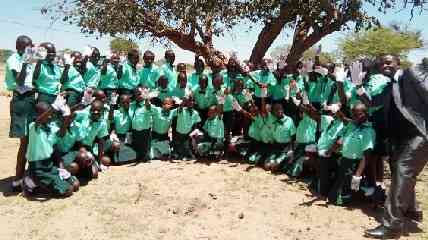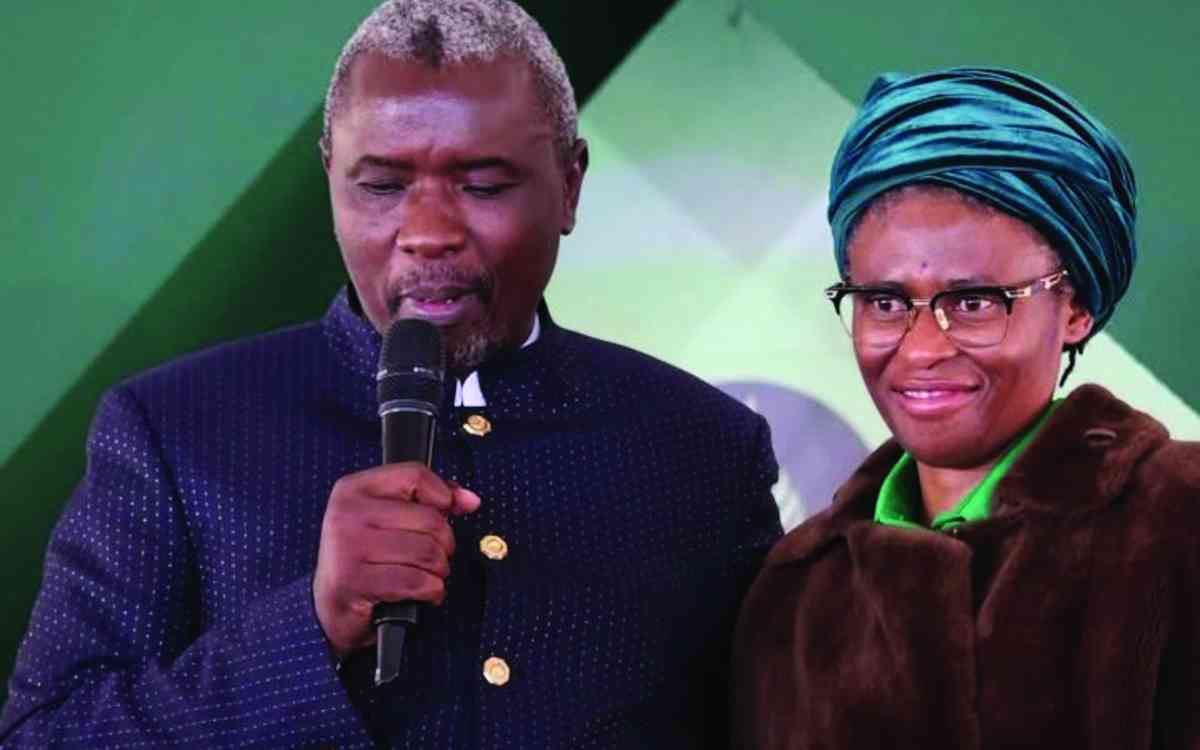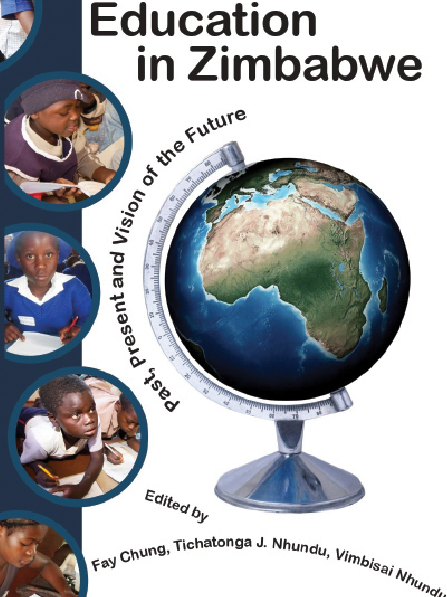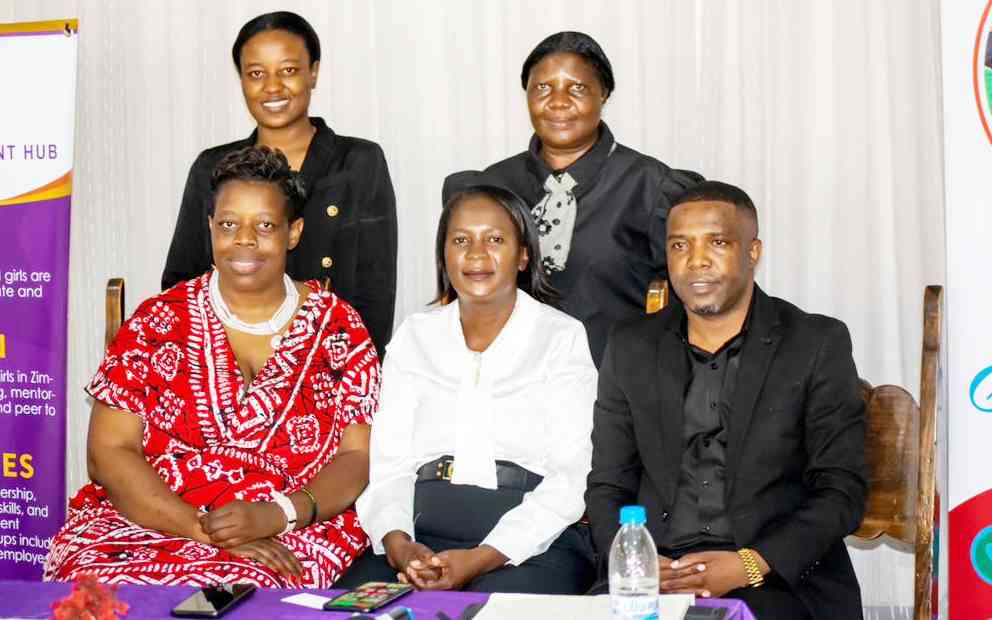
In the maze of daily pressures facing men in modern Zimbabwe economic uncertainty, cultural expectations of toughness, emotional silence, and the slow-burning weight of unspoken mental battles there are rare figures who embody a different script of manhood.
One such figure is Future Khumalo, a teacher at Mhali Primary School in Mzilikazi District Bulawayo, where he has quietly carved out a reputation as a music mentor, an ICT powerhouse, a cultural custodian, and, perhaps most importantly, a thinker whose philosophy of love, masculinity, and emotional well-being has begun to influence those around him.
But at the heart of Khumalo’s story is something far deeper: the belief that art, culture, and tenderness are not contradictions to manhood they are its foundation.
Khumalo’s classroom at Mhali Primary hums with harmonies that stretch beyond the walls of the school.
Under his guidance, the Mhali Primary School choir has reached provincial competition levels, a feat many school heads attribute to his “rare combination of discipline, creativity, and cultural sensitivity.”
“Choral music teaches order, breath control, unity,” he explains.
“When children sing together, they learn that no voice must overpower another. That is the foundation of a healthy society.”
Trained in choral, classical, and contemporary keyboard techniques, Khumalo moves effortlessly between the organ, the mbira, the marimba, and digital sound production tools.
His versatility has made him a sought-after musical coach in Bulawayo.
Outside school, he runs Khumz’ Music Tutorials, a private coaching initiative where he trains church choirs, community ensembles, and emerging artists.
Many of these groups have clinched trophies at Eisteddfod, Choral Competitions, and church festivals.
His secret?
“Music is not just technical. It's spiritual. You must feel it before you teach it.”
In an era where technology often threatens to overshadow tradition, Khumalo bridges both worlds with surprising seamlessness.
He is known at Mhali as the “ICT guru”, the teacher who understands coding as well as choral modulation, and can troubleshoot a malfunctioning keyboard while explaining how a soprano line should soar.
He views ICT not as a rival to culture, but as a complement to it.
“Our children live in two worlds the digital and the traditional,” Khumalo says.
“If we donot help them integrate the two, they will lose one. And if they lose their culture, they lose their compass.”
His lessons often fuse classical music concepts with Ndebele cultural motifs, showing learners how Western harmonies can coexist with indigenous rhythms.
It is this blend this creative diplomacy that has earned him admiration across the district.
Yet beneath the professional achievements lies another dimension to Khumalo one that startles those who assume that artistic men are soft or impractical.
He is a husband and father of two, who speaks about love with the boldness many men reserve only for politics or football.
“A man must be sweet,” he says with disarming clarity.
“If your wife does not hear your affection, someone else will say it louder. Romance is not weakness it is strategy, leadership, and responsibility.”
He speaks fondly of sending romantic texts to his wife during the day, composing poems for her, or planning surprise dates.
“My children must grow up seeing their father love openly,” he adds.
“That is also mental health. Men suffer silently because they think love softens them. But actually, love strengthens us.”
In a society where many men are raised under the harsh mantra “amadoda awakhali” men do not cry Khumalo insists that vulnerability is not unmanly, but essential.
Zimbabwe’s cultural frameworks around masculinity are rich, but they also carry shadows.
Men are expected to be resilient providers, emotional fortresses, and unquestionable authority figures. This produces strength, yes but also isolation.
Khumalo has watched this silent crisis unfold among colleagues, relatives, and former students.
“Some men are dying inside while smiling outside,” he says quietly.
“They think love, communication, and softness will make them lose power. But real power is the courage to say ‘I am hurting.’”
He believes that cultural expectations must evolve.
Instead of teaching boys only bravery and toughness, society must teach them empathy, communication, and emotional literacy.
His perspective aligns with mental health studies showing that men are more likely to die by suicide, not because they feel more pain, but because they are taught to hide it. This suppressive culture fuels depression, substance abuse, violence, and emotional detachment.
For Khumalo, music becomes a metaphor for mental wellness.
Singing requires breathing, listening, adjusting, and surrendering to the collective. It teaches community something many men desperately need but seldom seek.
“When I teach harmony, I teach healing,” he reflects. “When a tenor is struggling, the bass must support him. Life must be like that for men.”
Traditional instruments like the mbira also feature prominently in his philosophy of wellness.
“The mbira calms the spirit,” he says.
“Our ancestors used music to counsel, heal, guide. Today, men need that guidance more than ever.”
He argues that the aesthetics of African manhood strength, courage, leadership must be balanced with gentleness, creativity, and emotional openness.
Khumalo’s story is not just a portrait of one man.
It is an invitation to rethink what African masculinity can be.
A man who composes choral pieces, codes computer programs, repairs school gadgets, teaches children to breathe through music, writes poems for his wife, and speaks openly about mental health is not common but he might just be the blueprint our society urgently needs.
His message is clear:
“A man must create beauty in his home, in his community, in his heart. If a man cannot express love, he will express anger. We must choose love.”
In a world where many men are silently drowning, Khumalo’s life is a reminder that healing is possible through culture, art, tenderness, and courage. It is also a reminder that the future of African masculinity is not brutality or silence it is harmony.
*Raymond Millagre Langa is a Zimbabwean multidisciplinary creative—an artist, poet, researcher, and cultural storyteller—whose work bridges music, literature, and social commentary. He is also the founder of Indebo Edutainment Trust, using art as a transformative tool for community dialogue, youth empowerment, and cultural preservation.
In a world where many men are silently drowning, Khumalo’s life is a reminder that healing is possible through culture, art, tenderness, and courage. It is also a reminder that the future of African masculinity is not brutality or silence it is harmony.











